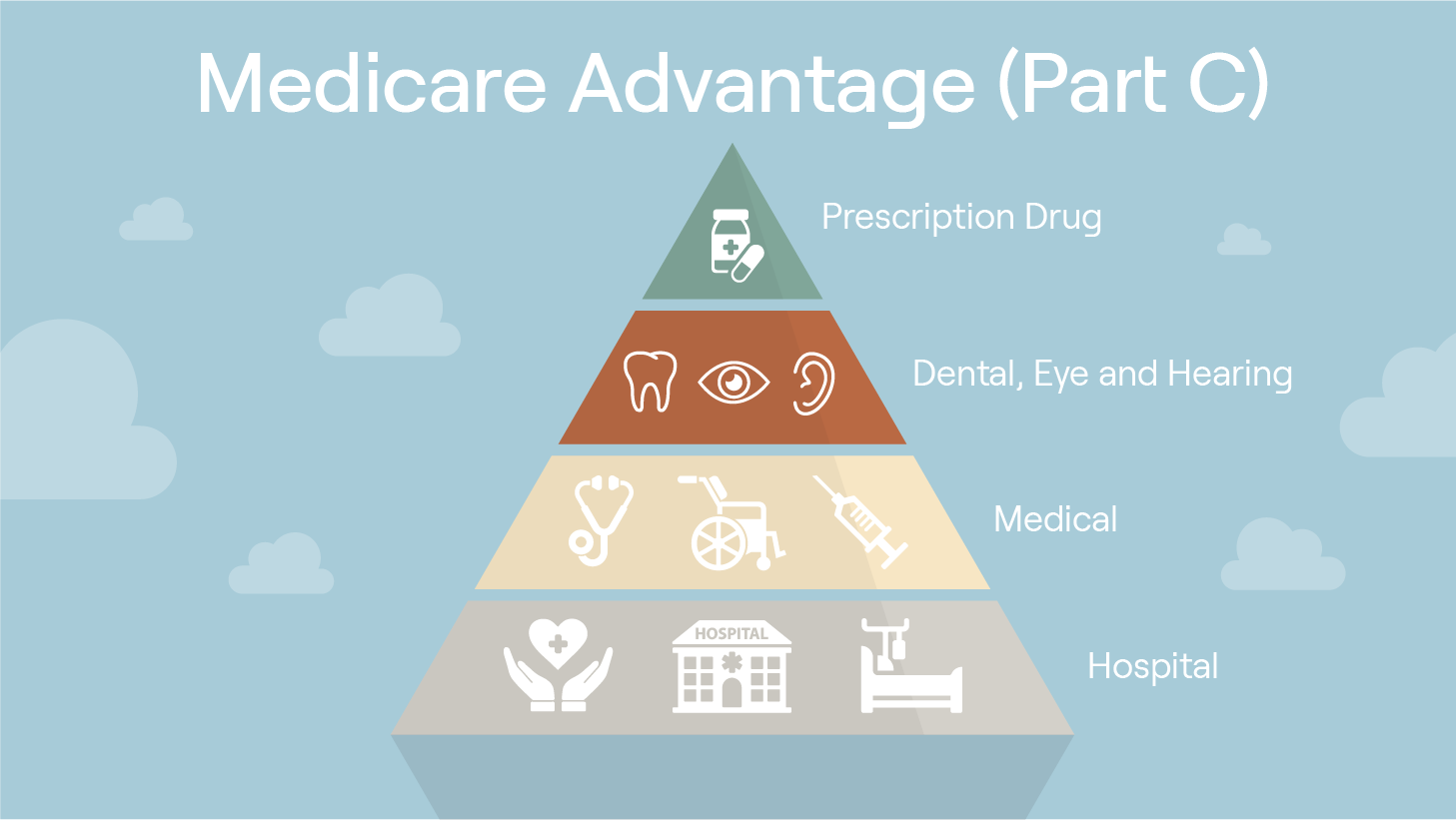How Much Should I Put into an IUL?
When planning for retirement or securing financial stability, it’s important to consider all available options. One option that has gained popularity in recent years is the Indexed Universal Life Insurance policy (IUL). But how much should you put into an IUL? This article aims to answer that question and provide a comprehensive guide to understanding IULs.
Table of Contents
- What is an IUL?
- How does an IUL work?
- The benefits of an IUL
- How much should I put into an IUL?
- Factors to consider when determining how much to put into an IUL
- Strategies for maximizing your IUL
- Risks and drawbacks of an IUL
- Alternatives to an IUL
- Choosing the right IUL for you
- Conclusion
- FAQs
What is an IUL?
An Indexed Universal Life Insurance policy (IUL) is a type of life insurance that provides both a death benefit and a savings component. The savings component is invested in a stock market index, which allows for potential growth and tax-deferred accumulation.
How does an IUL work?
When you purchase an IUL policy, you agree to pay a premium, which is the amount you pay for the policy. A portion of the premium goes towards the death benefit, while the remainder is invested in an index. The index used can vary by policy, but common ones include the S&P 500 and the Nasdaq.
The policy’s cash value is determined by the performance of the index. If the index performs well, the policy’s cash value will increase. If the index performs poorly, the policy’s cash value will decrease, but there is typically a floor that prevents the policy from losing value. In addition to potential growth, the policy also offers a death benefit to the policyholder’s beneficiaries.
The Benefits of an IUL
There are several benefits to investing in an IUL, including:
- Tax-deferred growth: The cash value of an IUL grows tax-free until it is withdrawn.
- Guaranteed floor: Most IUL policies have a floor that prevents the policy from losing value, even if the index performs poorly.
- Flexibility: IUL policies offer flexibility in premium payments and death benefit amounts.
- Death benefit: An IUL policy provides a death benefit to the policyholder’s beneficiaries.
How Much Should I Put into an IUL?
The amount you should put into an IUL depends on your financial goals and needs. However, it’s important to keep in mind that IULs are not a one-size-fits-all solution, and it’s crucial to consider all available options before making a decision.
Factors to Consider When Determining How Much to Put into an IUL
When determining how much to put into an IUL, there are several factors to consider, including:
- Age: The younger you are when you purchase an IUL, the more time you have to build up the policy’s cash value.
- Financial goals: Consider your financial goals and how the IUL fits into your overall financial plan.
- Risk tolerance: IULs are tied to the performance of the stock market, so it’s important to consider your risk tolerance when deciding how much to invest.
- Premium payments: Determine how much you can comfortably afford to pay in premiums.
Strategies for Maximizing Your IUL
If you decide to invest in an IUL, there are several strategies you can use to maximize your investment, including:
- Contributing regularly: Regularly contributing to your IUL can help maximize its potential growth.
- Staying invested: Staying invested in the policy, even during market downturns, can help to ensure that you don’t miss out on potential gains when the market rebounds.
- Utilizing policy loans: Some IUL policies allow you to take out policy loans against the cash value, which can be a useful way to access funds if needed.
- Rebalancing: It’s important to regularly rebalance your policy’s investments to ensure that they align with your risk tolerance and financial goals.
Risks and Drawbacks of an IUL
While there are several benefits to investing in an IUL, there are also risks and drawbacks to consider, including:
- Market risk: IUL policies are tied to the performance of the stock market, so there is always a risk of loss.
- Fees: IUL policies can have high fees, which can eat into your returns.
- Surrender charges: If you decide to surrender your policy early, you may be subject to surrender charges, which can be costly.
- Complexity: IUL policies can be complex and difficult to understand, which can make it challenging to determine if they are the right investment for you.
Alternatives to an IUL
If you’re considering investing in an IUL but are unsure if it’s the right choice for you, there are several alternatives to consider, including:
- Traditional life insurance policies: Traditional life insurance policies provide a death benefit but do not have a savings component.
- Roth IRAs: Roth IRAs are tax-advantaged retirement accounts that offer tax-free growth and withdrawals.
- Mutual funds: Mutual funds are professionally managed investment portfolios that offer potential growth but do not provide a death benefit.
Choosing the Right IUL for You
If you decide to invest in an IUL, it’s important to choose the right policy for your needs. When shopping for an IUL policy, consider factors such as the policy’s fees, death benefit, index options, and surrender charges. It’s also a good idea to work with a financial advisor who can help you navigate the complexities of IUL policies.
Conclusion
Investing in an Indexed Universal Life Insurance policy can be a good option for those looking to secure their financial future. When determining how much to put into an IUL, it’s important to consider your financial goals, risk tolerance, and overall financial plan. While IULs have several benefits, they also come with risks and drawbacks, and it’s crucial to consider all available options before making a decision.
FAQs
- Can I withdraw money from my IUL policy?
- Yes, you can typically withdraw money from your IUL policy, but doing so may impact the policy’s cash value and death benefit.
- Are IUL policies tax-deductible?
- No, IUL policies are not tax-deductible, but the policy’s cash value grows tax-free until it is withdrawn.
- How much does an IUL policy cost?
- The cost of an IUL policy varies based on factors such as the policy’s death benefit, premiums, and fees.
- Can I change my IUL policy’s premium payments?
- Yes, most IUL policies offer flexibility in premium payments, allowing you to adjust your payments as needed.
- How do I know if an IUL policy is right for me?
- The decision to invest in an IUL policy should be based on factors such as your financial goals, risk tolerance, and overall financial plan. It’s a good idea to work with a financial advisor who can help you determine if an IUL policy is the right choice for you.
- Get the Most Long-Term Protection for Your Money with Indexed Universal Life Insurance (IUL)
- What is the Average Return on an IUL?
- What are the potential drawbacks of Life Insurance?
- The Benefits of Indexed Universal Life Insurance for You and Your Family
- “Understanding Indexed Universal Life Insurance: Risks, Rewards, and Financial Planning”
Benefits of Medicare Advantage for Veterans
Veterans and Medicare Advantage plans represent a crucial intersection of health- care services designed to enhance the medical coverage available…
10 Essential Insurance Tips to Protect Your Future
1. Assess your insurance needs based on income, assets, and dependencies. 2. Understand policy types: life, health, auto, home, and…
ACA 2025 Open Enrollment
The ACA 2025 Open Enrollment Period represents a pivotal opportunity for individuals and families to obtain health insurance coverage under…
Medicare Annual Enrollment Period 2025
The Medicare Annual Enrollment Period (AEP) for 2025 is a critical time for beneficiaries to review and adjust their Medicare coverage, running…
Medicare Advantage and the Nearing Annual Election Period
Medicare Advantage and the Nearing Annual Election Period Introduction Navigating Medicare can feel like trying to read a map written in a…
Understanding Medicare Advantage Plans
Understanding Medicare Advantage Plans Medicare Advantage plans have become a popular alternative for people who want more flexibility and comprehensive coverage…













